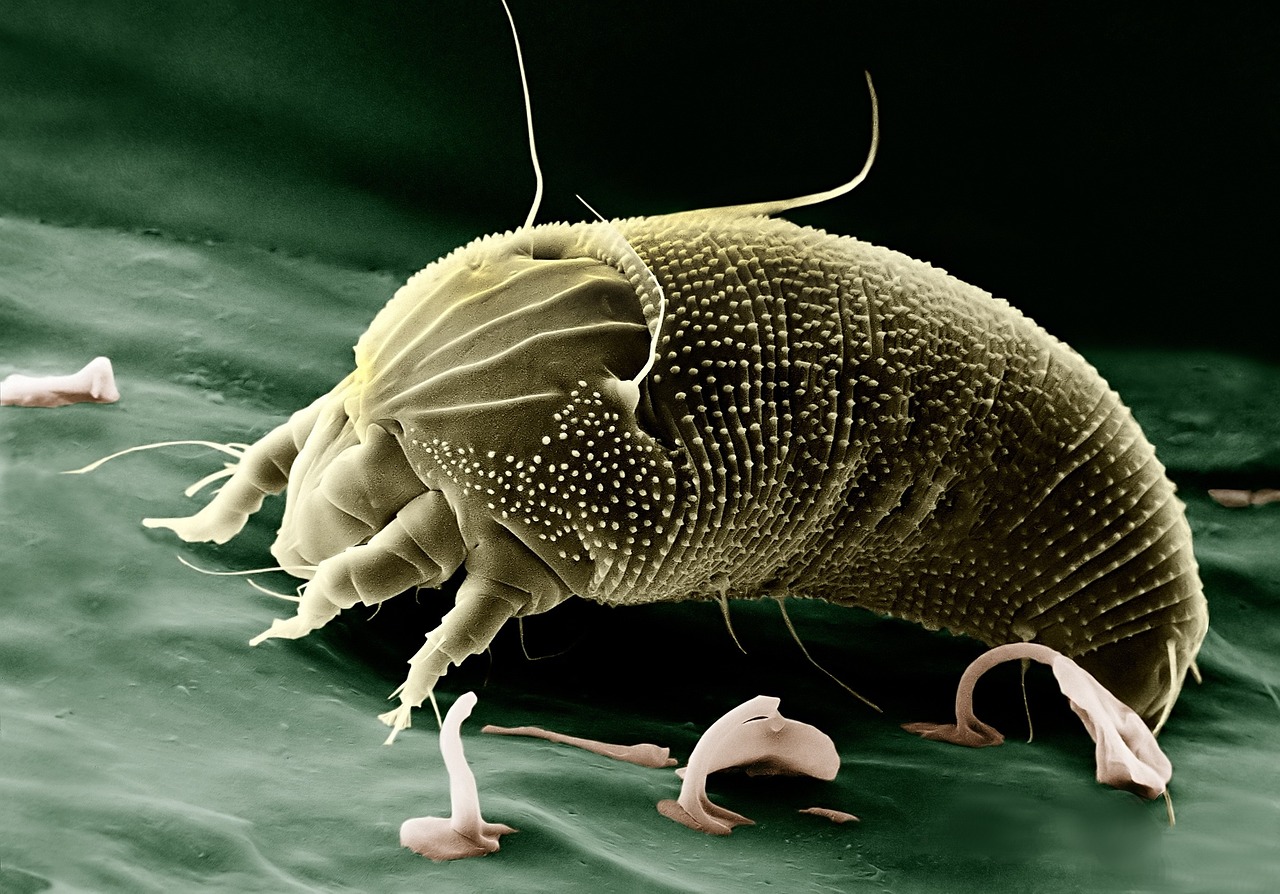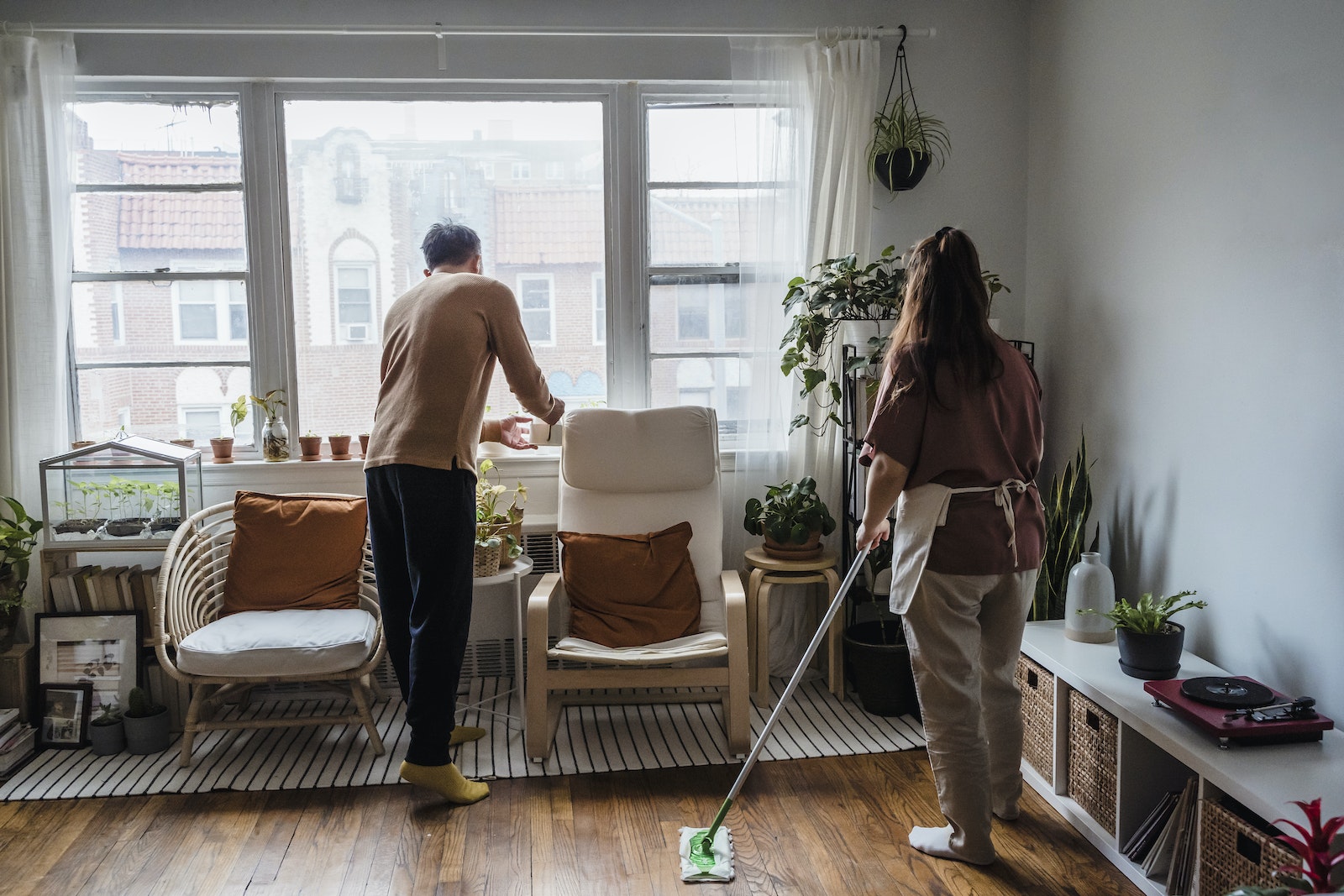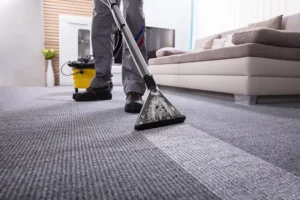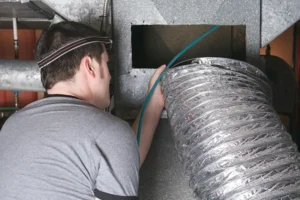Have you ever thought about the air you breathe inside your home?
We spend a lot of our time indoors, whether it’s in our living rooms, bedrooms, or even at school.
Just like we need clean water to drink, we also need clean air to breathe.
The air inside our homes can sometimes have tiny things called pollutants that aren’t good for us.
These can come from many places like our furniture, paints, or even the outside air.
Breathing in these pollutants can make us feel sick or tired.
What Can Happen If We Don’t Have Clean Indoor Air?
Imagine a fish swimming in dirty water. It wouldn’t be happy, right?
Similarly, when we breathe in dirty air, our bodies aren’t happy.
We might get coughs, sneezes, or feel like we can’t breathe properly. In the long run, this can make us really sick.
That’s why it’s super important to make sure the air inside our homes is as clean as possible.
What’s Coming Up in This Blog?
In this blog, we’ll explore where these indoor air pollutants come from and how they affect our health.
But don’t worry!
We’ll also share some super easy and helpful tips to make the air inside our homes cleaner and fresher.
So, let’s dive in and learn how to breathe easier and live healthier!

Understanding Indoor Air Pollutants
What’s in the Air We Breathe?
When we look around our homes, everything seems clean and safe.
But the air has tiny things floating in it that we can’t see.
These tiny things are called pollutants.
Let’s find out where they come from:
- Household Products and Chemicals: Have you ever noticed the strong smell when you open a new toy or use certain cleaning sprays? These smells often come from chemicals that can pollute our air.
- Combustion Sources: Things that burn, like stoves, heaters, and fireplaces, can release smoke and gases. If we breathe in too much of this, it’s not good for our lungs.
- Building Materials: Some materials used to build or decorate homes, like certain paints or carpets, can release pollutants into the air over time. Ever heard of asbestos or formaldehyde? They’re examples of these.
- Outdoor Sources: Sometimes, the outdoor air can bring in pollutants. This includes things like pollen (which can make some people sneeze a lot!), radon (a sneaky gas that comes from the ground), and pesticides (chemicals used to keep bugs away).
Health Effects of Poor Indoor Air Quality
Why Should We Worry About These Pollutants?
Breathing in these pollutants isn’t great for our health.
Here’s what can happen:
- Respiratory Issues: Our respiratory system helps us breathe. Pollutants can make it harder for this system to work, leading to problems like asthma (where you can’t breathe easily) or allergies (where you might sneeze, cough, or get itchy eyes).
- Feeling Tired or Dizzy: Have you ever felt really tired or dizzy for no reason? Sometimes, it’s because of the pollutants in the air.
- Long-term Effects: If we keep breathing in these pollutants for a long time, it can lead to bigger health problems. This includes serious stuff like heart disease (when our heart doesn’t work properly), respiratory diseases (more severe breathing problems), and even cancer.
Simple Steps to Improve Indoor Air Quality
Regular Cleaning
Why Cleaning Matters
Dust and dirt can quickly gather in our homes, and these can be full of pollutants.
By keeping our homes clean, we can reduce the number of these tiny unwanted guests in the air.
- Dusting and Vacuuming: Just like we take baths to keep ourselves clean, our homes need regular cleaning too. Dusting surfaces and vacuuming floors can help pick up dust, pet hair, and other small particles. It’s a good idea to do this at least once a week.
- Cleaning Air Vents and Replacing Filters: Our heating and cooling systems have vents and filters. Over time, these can collect dust and dirt. Cleaning them and changing filters regularly can help the systems work better and release cleaner air.
- Using Natural Cleaning Products: Some cleaning products have strong chemicals that can add pollutants to the air. By choosing natural or homemade cleaning products, we can keep our homes clean without adding more pollutants.
Increase Ventilation
Letting Fresh Air In
Fresh air from outside can help push out the polluted air inside. Here’s how we can increase ventilation:
- Opening Windows and Doors: Even if it’s just for a few minutes every day, letting in fresh air can make a big difference. It’s like giving your home a breath of fresh air!
- Using Exhaust Fans: Kitchens and bathrooms can have a lot of moisture and odors. Using exhaust fans can help pull out this damp, smelly air and bring in fresh air.

Control Humidity Levels
Why Humidity Matters
Humidity is the amount of moisture or water vapor in the air. Too much humidity can make our homes feel stuffy and can also help mold and mildew grow. These can be big pollutants!
- Using Dehumidifiers: These are machines that help reduce moisture in the air. If your home feels damp or you see water droplets on windows, a dehumidifier might help.
- Fixing Leaks and Drips: Water leaks from pipes or roofs can increase humidity. By fixing these leaks, we can keep our homes drier and healthier.
- Avoiding Over-Watering Houseplants: Plants love water, but giving them too much can increase humidity. Make sure to water them just the right amount.
Invest in Air Purifying Solutions
Air Purifiers
The Magic of Air Purifiers
Air purifiers are like vacuum cleaners for the air.
They suck in the air, trap the bad stuff, and release clean air back out.
- Benefits of Using Air Purifiers:
- Trap Pollutants: They can catch tiny particles like dust, pollen, and even some germs.
- Reduce Allergens: For those who sneeze a lot or have allergies, air purifiers can be a big help.
- Eliminate Odors: Got a bad smell in the house? Some air purifiers can help get rid of it.
- Choosing the Right Purifier for Your Space:
- Size Matters: Make sure to pick one that fits the size of your room.
- Filter Type: Some filters can trap more types of pollutants than others. Look for ones with HEPA filters for the best results.
- Maintenance: Just like any machine, air purifiers need care. Remember to clean or replace the filters regularly.
Houseplants as Natural Air Purifiers
Plants: Nature’s Air Cleaners
Plants don’t just make our homes look pretty.
They also help clean the air!
- How Plants Clean the Air:
- They take in carbon dioxide and release oxygen.
- Some plants can even absorb harmful chemicals from the air.
- List of Effective Air-Purifying Plants:
- Spider Plant: Easy to care for and great at cleaning the air.
- Snake Plant: It can survive in low light and doesn’t need much water.
- Peace Lily: Not only beautiful but also a powerful air cleaner.
- Care and Maintenance Tips:
- Watering: Make sure not to over-water. Too much water can lead to mold.
- Placement: Some plants need more sunlight than others. Check what your plant needs and find the perfect spot for it.
Essential Oils and Diffusers
A Breath of Fresh Scent
Essential oils are made from plants, and they smell amazing.
When we use them in diffusers, they can help purify the air and make our homes smell great.
- Benefits of Using Essential Oils:
- Natural Fragrance: They can replace air fresheners that might have chemicals.
- Mood Boosters: Some scents can make us feel relaxed or energized.
- Best Oils for Air Purification:
- Eucalyptus: Known for its refreshing scent and ability to help with breathing.
- Tea Tree: Great for getting rid of germs in the air.
- Lavender: It smells lovely and can help us relax.

Reduce the Use of Harmful Products
Opt for Natural and Organic Products
The Hidden Dangers in Everyday Products
Many products we use daily, from cleaning sprays to air fresheners, can release harmful chemicals into our air.
But the good news is, there are safer alternatives!
- Why Natural Products?
- Less Chemicals: Natural products often have fewer harmful ingredients.
- Environmentally Friendly: They’re not just good for our homes but also for our planet.
- Gentle on the Skin: For those with sensitive skin, natural products can be less irritating.
- Making the Switch:
- Avoiding Aerosol Sprays: These can release many pollutants into the air. Opt for pump sprays or roll-ons instead.
- Choosing Unscented or Naturally Scented Products: Fragrances can sometimes cause headaches or allergies. Look for products that are unscented or use natural fragrances like essential oils.
Safe Storage of Chemicals
Keeping Our Homes Safe from Harmful Chemicals
Even if we use chemicals occasionally, it’s essential to store them safely to prevent any accidents or unwanted fumes.
- Why Proper Storage Matters:
- Prevent Accidental Ingestion: Especially important if there are kids or pets in the house.
- Avoid Spills and Leaks: This can help prevent harmful chemicals from getting into the air or water.
- Extend Product Life: Proper storage can make products last longer and work better.
- Tips for Safe Storage:
- Well-Ventilated Areas: Store chemicals where there’s plenty of fresh air, like a garage or outdoor shed.
- Tightly Sealed: Make sure lids and caps are closed tightly to prevent leaks or evaporation.
- Properly Disposing of Old or Unused Chemicals: Don’t just throw them in the trash. Check local guidelines for safe disposal.
Regular Maintenance and Inspections
HVAC System Maintenance
The Heartbeat of Our Home’s Air
The HVAC system, which stands for Heating, Ventilation, and Air Conditioning, is like the lungs of our home.
It helps circulate air, keeping us warm in the winter and cool in the summer.
But just like any machine, it needs regular check-ups to work its best.
- Why Regular Maintenance Matters:
- Efficiency: A well-maintained HVAC system runs smoother, saving energy and money.
- Longevity: Regular check-ups can extend the life of the system.
- Air Quality: Clean systems mean cleaner air in our homes.
- Maintenance Tips:
- Changing Filters: Over time, filters trap dust, pollen, and other particles. It’s essential to replace or clean them regularly.
- Cleaning Ducts: Ducts are like the big tunnels that carry air around the house. They can collect dust and mold, so they need occasional cleaning.
- Professional Check-Ups: At least once a year, it’s a good idea to have a professional come and give the system a thorough inspection.
Checking for Mold and Mildew
Unwanted Guests in Our Homes
Mold and mildew are types of fungi that can grow in damp places in our homes.
Not only can they damage our homes, but they can also harm our health.
- Why We Should Be Concerned:
- Health Risks: Breathing in mold can lead to allergies, asthma, and other respiratory problems.
- Damage to Home: Over time, mold can damage walls, ceilings, and other parts of our homes.
- Identifying Common Areas for Mold Growth:
- Bathrooms: Because they’re often damp.
- Basements: Especially if they’re not well-ventilated or if there are leaks.
- Around Leaks: Any place in the home where there’s been a water leak can be a breeding ground for mold.
- Tips for Prevention and Removal:
- Keep It Dry: Use fans and dehumidifiers in damp areas.
- Fix Leaks: Whether it’s a dripping faucet or a leaky roof, fix it ASAP.
- Clean Regularly: Especially in places like bathrooms. Natural anti-mold solutions like vinegar can be very effective.
- Seek Professional Help: If there’s a lot of mold or if it keeps coming back, it might be time to call in the experts.

Conclusion: Breathing Easy in Our Homes
The Journey to Cleaner Air
As we’ve journeyed through the various aspects of indoor air quality, one thing stands clear: the air we breathe inside our homes plays a pivotal role in our overall well-being.
From the invisible pollutants lurking in our living spaces to the tangible steps we can take to combat them, understanding the intricacies of indoor air quality is crucial.
Our homes should be sanctuaries, places where we feel safe, relaxed, and healthy. And a significant part of that health comes from the quality of the air we breathe.
While it might seem like a daunting task to tackle all the potential sources of indoor pollution, remember that every small step counts.
Whether it’s opting for a natural cleaning product, introducing an air-purifying plant, or scheduling regular HVAC maintenance, each action contributes to a cleaner, fresher indoor environment.
Taking the Leap for Healthier Air
We all want the best for ourselves and our loved ones.
And ensuring that the air in our homes is clean and free from harmful pollutants is a vital part of that care.
So, let’s not wait for tomorrow.
Let’s take proactive steps today, making informed choices and adopting healthier habits.
By doing so, we’re not just improving the air quality; we’re enhancing our quality of life.
In closing, remember that our homes are reflections of our choices. Let’s choose health, wellness, and clean air. Here’s to breathing easy and living well!




